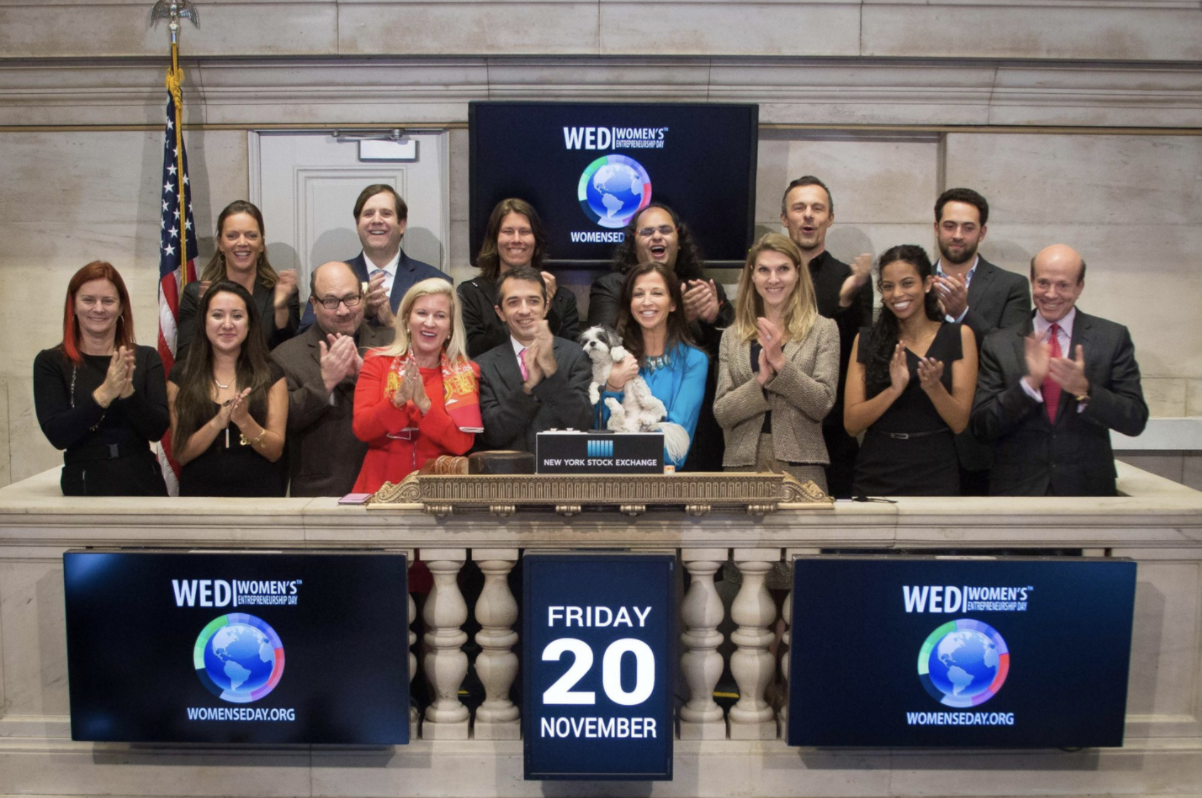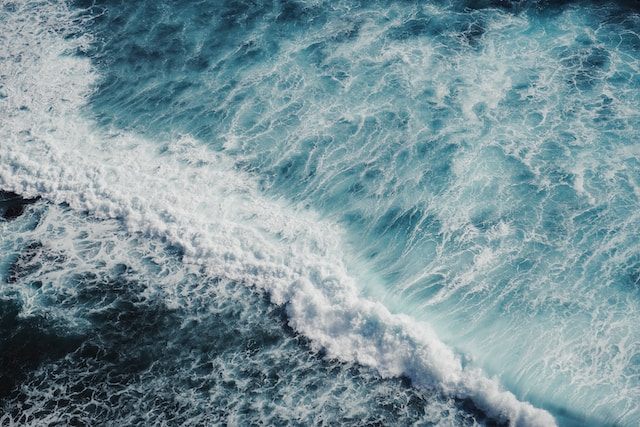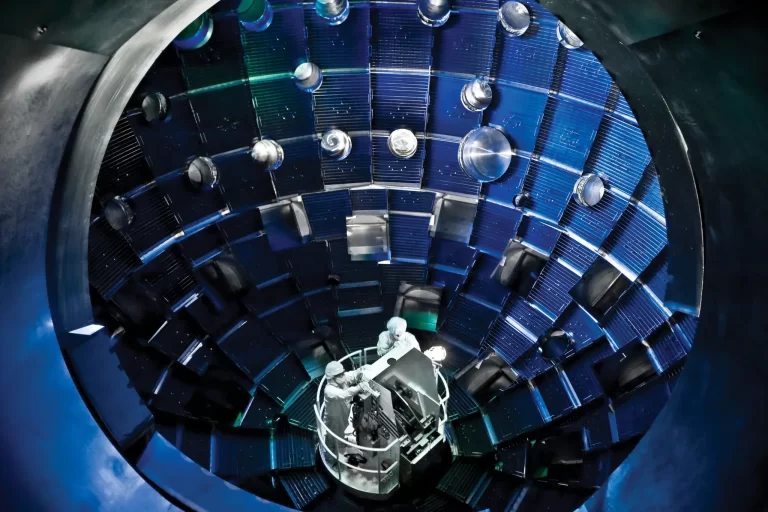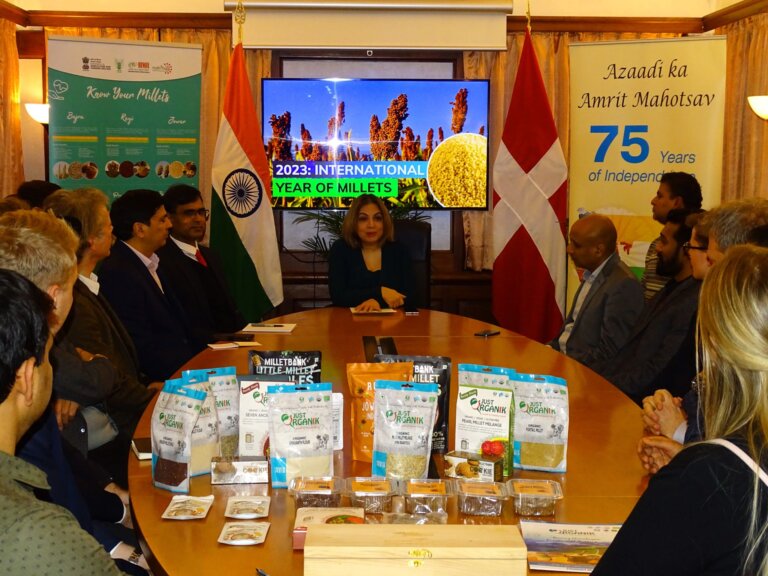When Wendy Diamond took a trip to Honduras in 2013, she had little idea this trip would spark an idea that could empower thousands of women in business worldwide. In Honduras, she volunteered for a local organization, the Adelante Foundation, that distributes micro-loans to the local marginalized women to start their businesses on ideas that can support the opportunities available to them. Particularly moved by a grim yet inspiring story of a 72-year-old woman who used these micro-loans to raise and educate her three grandchildren, Wendy decided to develop something of her own that could help uplift the women and provide them with a global platform where their voices could be heard.
“Since the mid-2000s, the microfinance model has supported 1.7 billion “unbanked” borrowers with credit opportunities globally, and 70% of these have been women and girls.” (Global Innovation Index Report 2020)
Along with a group of volunteers, she started an international campaign, WEDO (Women’s Entrepreneurship Day Organization), in 2013. WEDO convenes business leaders, innovators, government officials, and investors to collaborate and engage in entrepreneurship, education, and policy creation to empower women in business. The summits and events are organized to facilitate these dialogues, create awareness, and create a network to take these conversations forward. Under the initiative, Women’s Entrepreneurship Day (WED) was ideated, and November 19th was formalized as a dedicated day to celebrate and support the female entrepreneurs and innovators and empower the community. The movement is celebrated across 144 countries and 65 universities/colleges globally, and recognized by both Houses of the United States Congress.
“I have dedicated my entire life to helping the ‘underdog’ get a chance to thrive. Historically, women worldwide have been underpaid, undervalued, underrepresented, underfunded – and underestimated. We are dedicated, determined, and driven to change this status – the women entrepreneurs involved in WEDO are inspirational role models to women everywhere!” (Wendy Diamond)
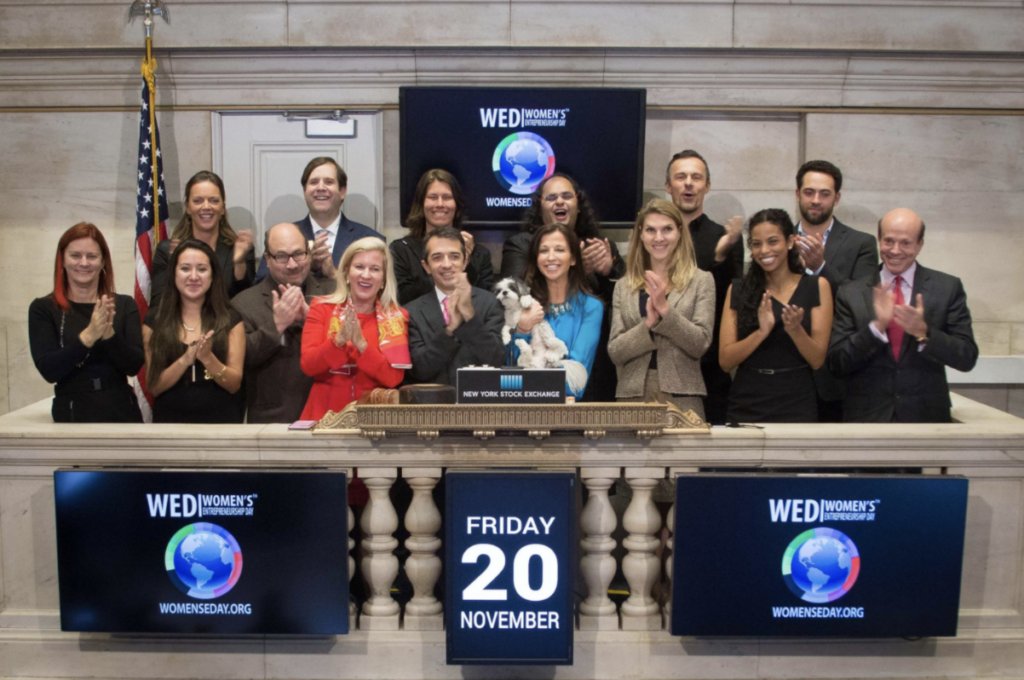
The World Economic Forum’s Global Gender Gap Report 2021 ranked the Economic and Opportunity gap as the second-largest among the four-component indices developed to assess the gender gap across different parameters, globally. Under-representation in the labour market, fewer opportunities in senior and managerial positions, and financial disparities in wages remain the key sources of this gap- even in 2021. Iran, India, Pakistan, Syria, Yemen, Iraq, and Afghanistan are a few countries with the most prominent economic participation gender gaps. At the same time, Lao PDR, Bahamas, Burundi, Iceland, Latvia, Moldova and Sweden were rated with the best results in filling the gap. The report highlights that at current rates of progress, the gender gap will close in 61 years in Western Europe, 70 years in South Asia, 171 years in East Asia and the Pacific and 165 years in North America.
“The International Finance Corporation (IFC) estimates a 260 – 320 billion USD financing gap for female entrepreneurs in formal sector small and medium enterprises per year.” (IFC)
While the moral case of empowering women has always been there, the business case for gender equality and women’s entrepreneurship is strengthening and is now recognized under a concept called “Gender Lens Investing” (GLI). GLI can be understood as an impact investment strategy that deliberately integrates gender analysis into investment decisions with a dual objective to redress the imbalance between men and women in the workplace and generate better financial returns. In the United States, women account for 85% of all consumer purchases. Being a primary decision-maker in the markets, integrating women in the businesses and development products and services offers an excellent opportunity to improve the market and investment decisions.
“Sustainable investing has experienced an impressive growth in recent years, reaching USD 30.7 trillion. At the same time, only a fraction of this amount, USD 7.7 billion, has gone to gender lens investing, a growing segment of sustainable investing that focuses on advancing gender equality.” (International Institute for Sustainable Development)
While GLI is still considered to be at its beginning stages, it is expected to increase rapidly in the coming years.
Women have an unequal representation and participation in the decisions made in climate-related planning and policymaking. Increasingly, it is being recognized that women’s participation at the political level has resulted in greater responsiveness to citizens’ needs, often increasing cooperation across party and ethnic lines and delivering more sustainable peace. At the local level, women’s inclusion at the leadership level has led to improved outcomes of climate-related projects and policies.
“The UN’s Food and Agriculture Organization estimates that if women received resources (credit, land, information, training, seeds, and fertilizer) on par with men, the additional yield could reduce the number of undernourished people by 100-150 million (12-17 percent).” (Veris)
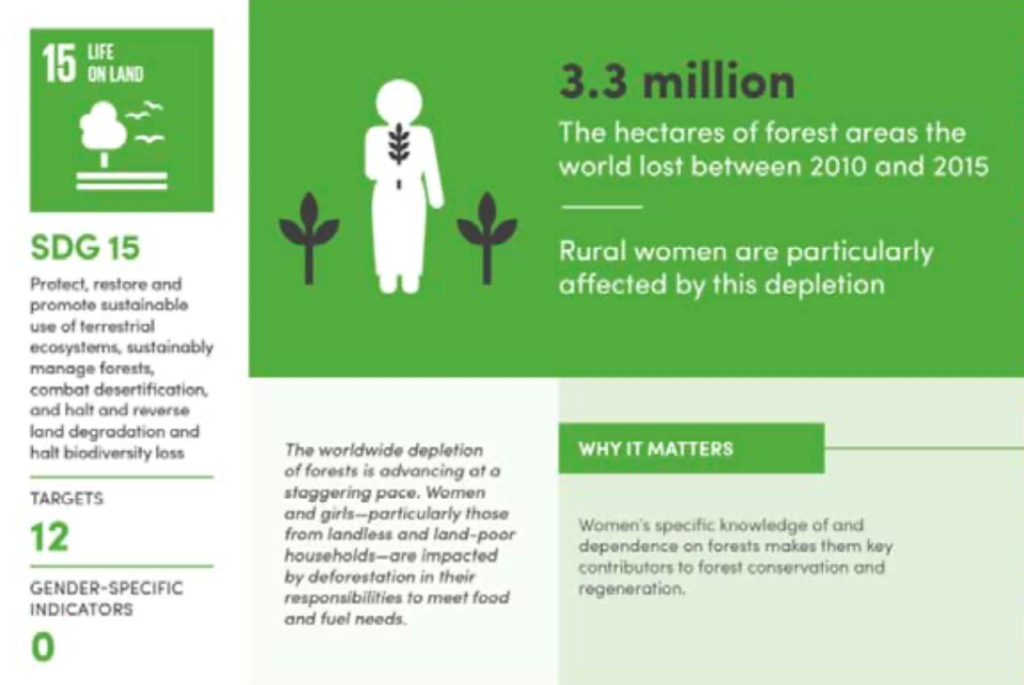
Understanding the importance of mentorship in furthering this cause, Wendy has also started during the pandemic incubating a new Startup, BeMyMentor that matches mentees with mentors, making it easier than ever for women to get in touch and support and uplift each other. “BeMyMentor will be similar to Bumble or Tinder but for mentors,” says Wendy. With 250 million girls living in poverty, she wanted to create a platform to help connect them to inspirational role models.
More people reaching out to initiatives like WEDO would undoubtedly give a great impetus to women’s entrepreneurship discourse globally. For those interested in joining WEDO and supporting the cause, the links to reach out to Wendy and her team can be found below:
Other resources:
